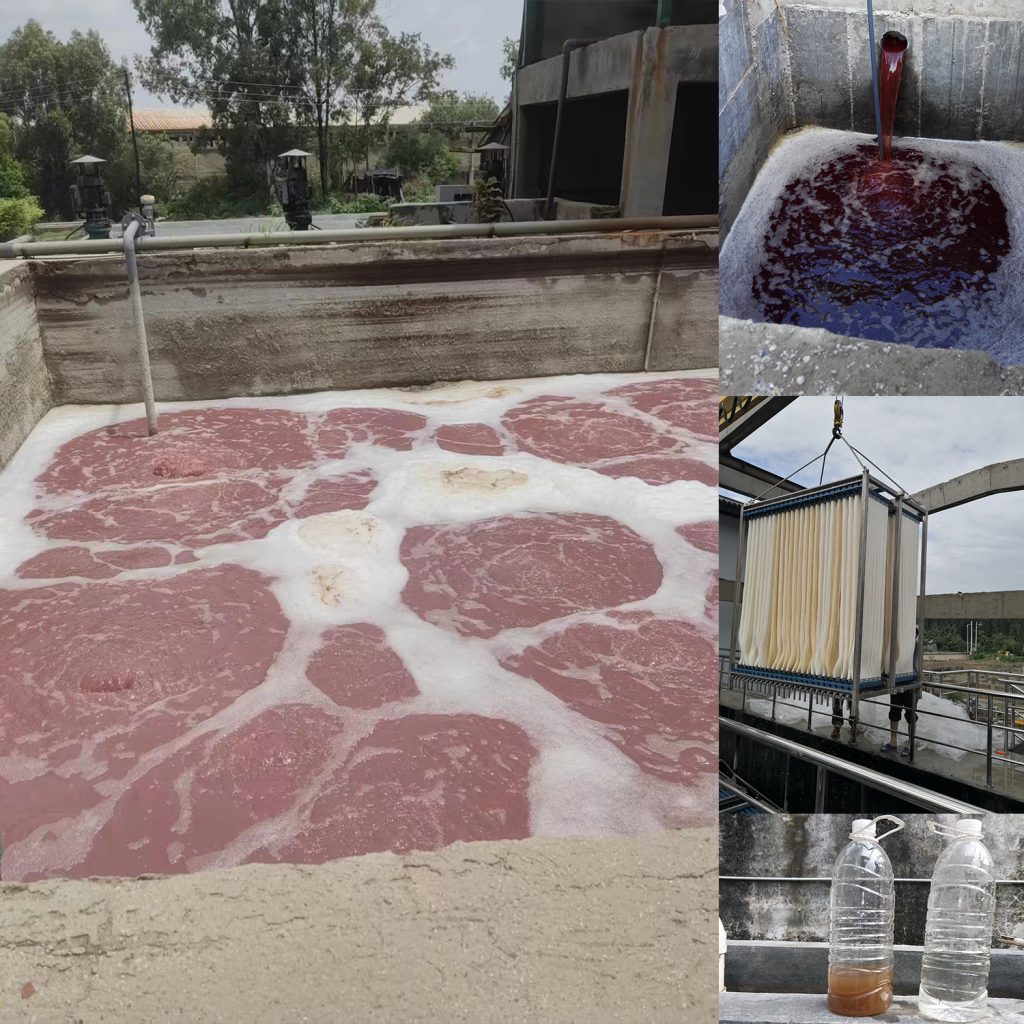Membrane Bioreactor Systems are extensively used in wastewater treatment due to the fact that they are performance-oriented and small. This system is based on the mbr membrane that is highly precise in filtering off suspended solids and harmful microorganisms. Due to industries being subjected to tougher environmental regulations, MBR systems have become important in order to satisfy the contemporary treatment standards.
The necessity of sound water reuse is growing in urban areas, industries, and homes. This has compelled quality membrane and trusted mbr membrane manufacturers who can provide reliable and consistent solutions.
How MBR Membranes Function
Membranes are a combination of biological treatment and membrane filtration to yield high-quality effluent. This involves the clean water that flows across the membrane through the tiny holes and the biomass remains in the bioreactor. This provides very clear and safe treated water that is reusable.
Membrane eliminates the use of clarifiers, unlike the traditional systems, which use clarifiers. This makes the process of designing a plant easier and treatment stays the same even when wastewater flow or quality suddenly alters.
Why Industries Are Choosing MBR Systems
The industries like it since MBR produces consistent and quality water that has high discharge limits. The pore structure of the membrane is fine, which ensures a higher degree of purification than conventional systems. This renders MBR the best in industries such as food production, pharmaceuticals, hotels, and residential developments.
The other benefit is the small size. MBR technology is a technology that saves space as it integrates both biological treatment and filtration in a unit. This assists industries in increasing capacity without having to do any massive construction or large tracts of land.
The Role of Leading MBR Membrane Manufacturers
The selection of appropriate mbr membrane manufacturers is important since the quality of the membrane has a direct influence on the performance of the system. Good manufacturers pay attention to the creation of membranes that are resistant to fouling, to which good permeability and chemical cleaning should be applied. They assist in minimizing the maintenance requirements and increasing life cycles.
The best producers also put money into research to come up with better membrane structures. Most of them provide specialized solutions to particular industrial wastewater. As interest in sustainability increases, manufacturers are producing more energy-efficient and efficient membranes.
Key Advantages of Using MBR Membranes
A significant advantage of a membrane is that bacteria and pathogens are removed successfully by it. This makes the treated water safe in the different reuse applications such as irrigation, cooling, and toilet flushing. Industries can minimize their reliance on the freshwater source, which results in reduced operating costs and promotes long-term conservation purposes.
The MBR systems also produce sludge at a lower rate as compared to the conventional processes. They are modular in nature, and hence, when the demand rises, a facility can easily expand to accommodate more people. The total cost of operation is also more manageable in the long run, coupled with energy-saving designs and increased durability.
Growth of MBR Technology in Global Markets
With water shortage fast becoming a global issue, MBR technology is being deployed in the municipal, commercial and industrial projects. Advanced treatment techniques have been advocated or mandated in many countries, and this is encouraging greater use of membrane-based systems. This development has resulted in more innovation in membrane material and construction.
The market development at an international level has also forced manufacturers of membranes to provide solutions that are more flexible and affordable. As the investment in green infrastructure continues to increase, MBR technology will contribute significantly to the water management system in the future.
Conclusion
As demand to use water increases and issues of energy conservation, as well as sustainable infrastructure, MBR technology has emerged as a preferred option in numerous industries. The membrane manufacturers are able to provide high-quality membranes and innovative solutions that can contribute to a long and reliable treatment performance. With the industry still progressing, organizations such as HINADA are still determined to provide cleaner and efficient wastewater solutions.







